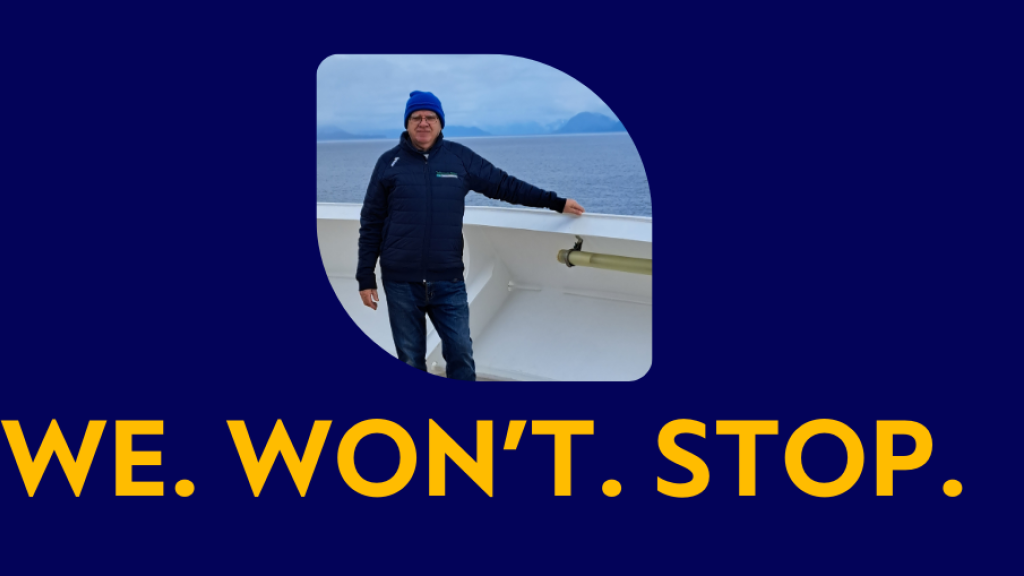
Before his own diagnosis in 2015, Gerry Walsh, from Tullamore, Co Offaly, was more than aware of the impact that cancer can have on a family. His daughter Claire was diagnosed with breast cancer in February 2009; she was only 25 at the time.
“We were devastated by it but she went through it all. She had a number of surgeries followed by chemotherapy and radiotherapy,” says Gerry. “But unfortunately, three years later, it came back. She passed away after living her life to the fullest in March 2015.” Claire left behind a daughter, Aisling, who is now 18 and who lives with Gerry and his wife, Marie.
Over the years, Gerry had always been vigilant about getting regular health check-ups. In 2014, his PSA levels were found to be elevated, and Gerry had a biopsy, where nothing was found. His consultant advised another biopsy and in February the following year, Gerry had a second biopsy. This time, the biopsy had a very high Gleason score, the grading by which prostate cancer is assessed. “I was scheduled to have my operation on the first of April, and then Claire died on March 25. The surgery was postponed for a couple of weeks,” he says. “I then had robotic-assisted surgery on my 60th Birthday, four weeks after Claire's funeral. Everything went well, thankfully.”
During his illness, Gerry was supported by his family and his friends. When he had recovered from his surgery, his friends encouraged him to play golf and he is currently on the golf committee. He is also involved in the Tullamore Show and the is a member of Tullamore’s Daffodil Day committee. “I found that keeping busy helped me, and just getting back to my own life,” he says.
Gerry required no further treatment and a few years later, he decided to become a volunteer driver with the Irish Cancer Society.
“It was something I’d always wanted to do,” he says. “I enjoy doing it and I have plenty of experience from bringing Claire to St James Hospital in Dublin. I knew the ropes, and I said, why not help people if I can? They can chat to me or they can be quiet, and I'll take them, whichever way they want to be.”
The key message he would like to get across is that early detection is very important. “Prostate cancer doesn’t have to have a bad outcome, if you get it in time,” he says. “I say to all my friends, ‘When did you last go for a check-up? Go and get your PSA done’. I was very lucky; I’m recovered 10 years now and I’m back living a full life. I’ve had a few people come to me over the years, who knew I had prostate cancer, and they were going through that same journey. I think I was a help to them. I'm glad to be able to tell my story and it wasn’t so bad, even though it came a very bad time.”
